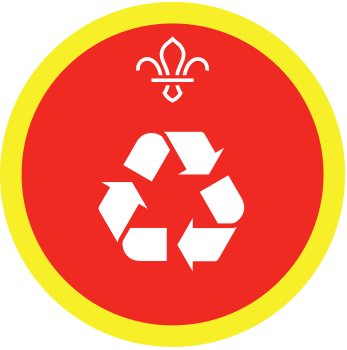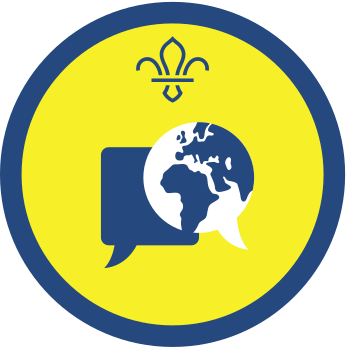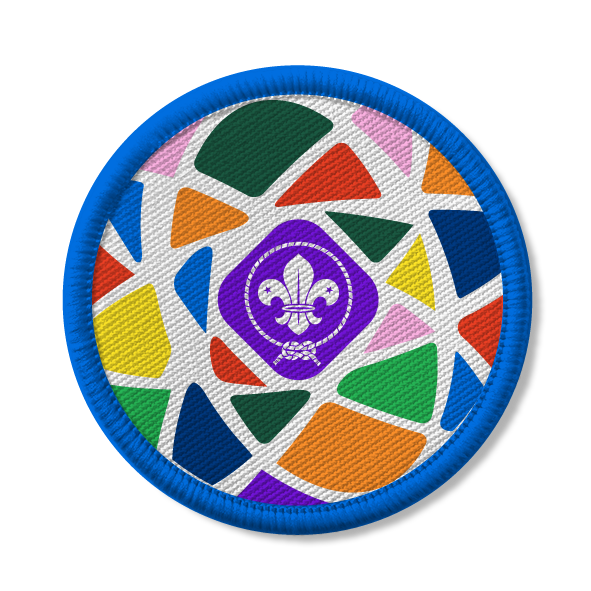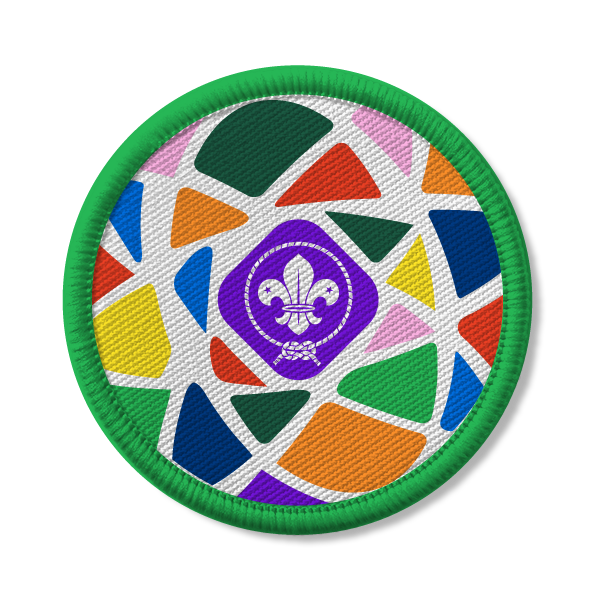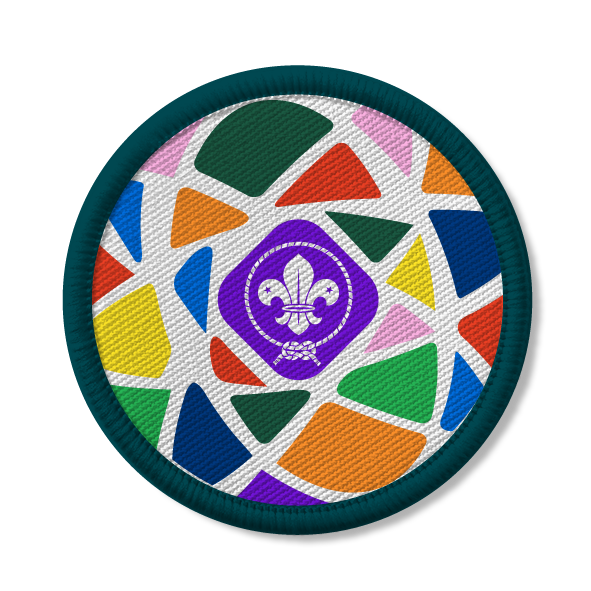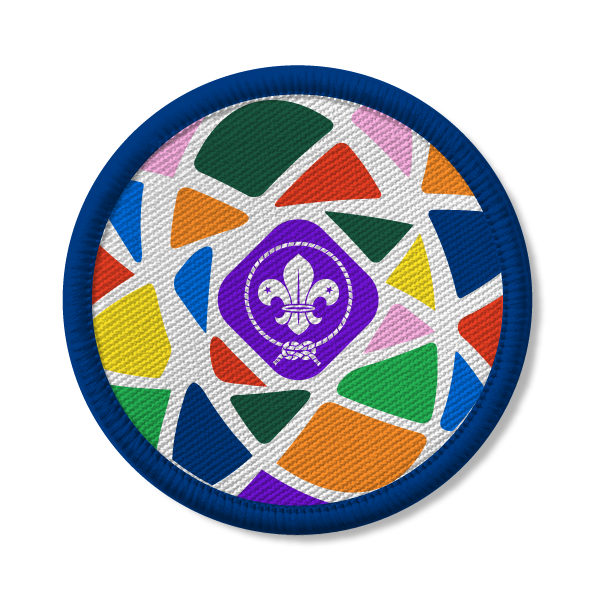
Learn how to reduce your energy usage
You’ll need
- Cones
Before you begin
- Use the safety checklist to help you plan and risk assess your activity. Additional help to carry out your risk assessment, including examples can be found here. Don’t forget to make sure all young people and adults involved in the activity know how to take part safely.
- Make sure you’ll have enough adult helpers. You may need some parents and carers to help if you’re short on helpers.
Planning this activity
- Scatter the cones around the space. There needs to be one for each young person playing the game. Make sure half the cones are the right way up and the other half are upside down.
- If you don’t have cones, you could use pieces of paper with an ‘X’ marked on one side. Make sure half the pieces of paper are showing the ‘X’ and half are blank.
- This activity may be more sensitive and harder for young people who have experienced or are experiencing fuel poverty, which is when households struggle to afford their energy bills or are unable to afford to heat their homes. If any makes any disclosure about their energy bills, you can direct them to Ofgem, who can suggest help to those who may be struggling with their energy bills. Remember to always follow the Yellow Card.
Set the scene
- Gather the group together and ask for anyone who has used energy today to put their hand up - everyone should have their hand up. Ask a few people, who are happy to talk in front of the group, what they did to use energy. They may have watched television, charged their devices, had the lights on, used a dishwasher or washing machine, or cooked something in an oven.
- Explain that energy is also used to heat our homes, such as via radiators and boilers.
- Tell everyone that we can be energy smart to reduce our energy usage, which might also reduce our energy bills. Ask if anyone knows how we can reduce our energy usage and be energy smart. Some ideas households can do are:
- Only putting dishwashers and washing machines on when they’ve got a full load
- Using eco settings or lower temperatures on dishwashers and washing machines, where possible
- Only filling the kettle with the water you need
- Switch off the television and any consoles when they’re not using them, rather than leaving them on standby
- Closing the door behind us when we come in or leave a room
- Use the ‘shut down’ function on your computers and laptops.
- Switching off lights and sockets when they’re not in use
- Using LED bulbs
- Setting your thermostat between 18°C and 21°C
- Having a responsible adult regularly bleed your radiators
- Having thick curtains and draught excluders to keep the heat in
- Putting on extra layers first, such as a jumper and socks, before turning on the heating
- Using warmer bedding, thicker grow bags or warmer clothing at night
- Turning off or unplugging electrical items when finished with them. Some devices use energy even when they aren’t on, such as the kettle, phone chargers, lamps and fans.
Play the game
- Tell everyone that one of the easiest ways people can save money on their energy bills is by making sure lights and sockets are switched off when they’re not being used.
- Explain that you’re going to play a game that’s all about trying to turn off lights.
- Divide the group into two teams. One team will be the ‘adults’ and the other will be ‘kids’.
- Explain that the ‘adults’ are trying to turn all the lights off. The adults will do this by turning as many cones as possible the right way up or by turning over the piece of paper to show the ‘X’.
- The ‘kids’ are wondering around the house turning all the lights on. They’ll do this by turning the cones upside down or by showing the blank side on the piece of paper.
- After turning over a cone or piece of paper, you need to move onto another cone/piece of paper. People mustn’t move the cones.
- Explain that the game lasts for one minute. The winning team’s the team with the most cones/piece of paper turned their way.
Reflection
This activity was about considering our energy usage. Why’s it important to try to use less energy? The difference that one person makes may feel small. Do you think it’s still important that we still all try our best to reduce the amount of energy we use?
Reducing our energy usage will make the world a better place for everyone. How could people remind others to use less electricity?
Everyone could think about the people they live with, the people they see at school or other people who use their meeting space. What would happen if everyone in your community became more responsible with their energy use?
Safety
All activities must be safely managed. You must complete a thorough risk assessment and take appropriate steps to reduce risk. Use the safety checklist to help you plan and risk assess your activity. Always get approval for the activity, and have suitable supervision and an InTouch process.
- Active games
The game area should be free of hazards. Explain the rules of the game clearly and have a clear way to communicate that the game must stop when needed. Take a look at our guidance on running active games safely.
- To make it easier, you could reduce the number of cones or pieces of paper. Alternatively, you could add more cones or pieces of paper to make it harder.
- To make it harder, you could add that people must run back and touch home base after turning a cone over before they can go and turn another one over.
- For young people, with movement difficulties the cones or pieces of paper could be placed on tables or more accessible surfaces. Alternatively, one person could also act as the base and be high fived for people to come back to before going to another cone or pieces of paper.
- Everyone could work in pairs and hold hands as they move around the room to turn over cones or pieces of paper, so that individuals who may need extra help can work with someone.
All Scout activities should be inclusive and accessible.
You could track your energy usage by completing an Energy diary. How could you make yourself more energy efficient? You could make posters to remind everyone to turn their lights off when they leave a room or turn the taps off after using a sink. Or, you could try going into the local community on an Electric stroll and find out where the power goes to?
